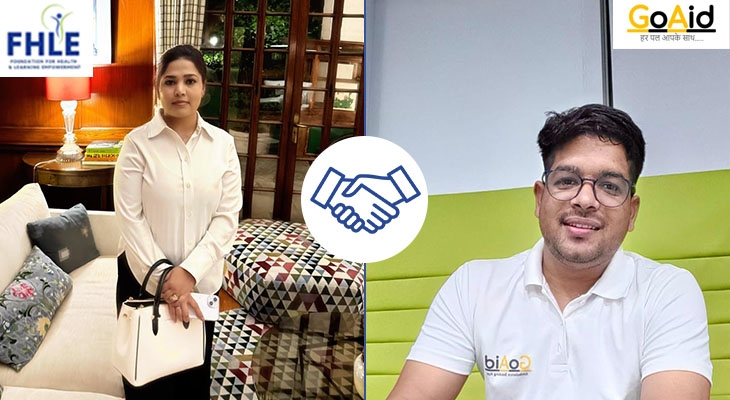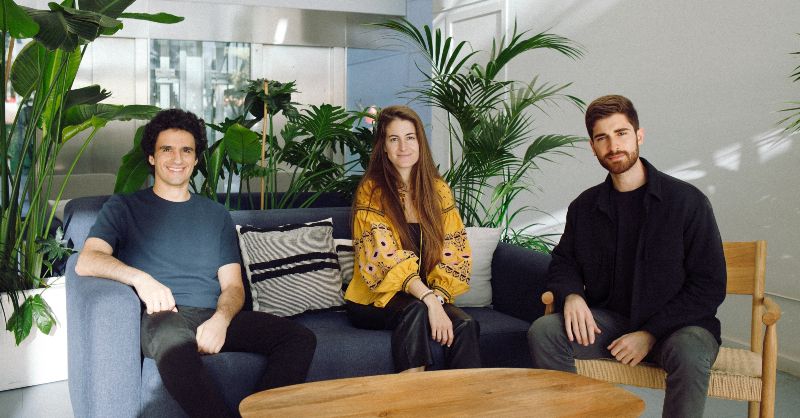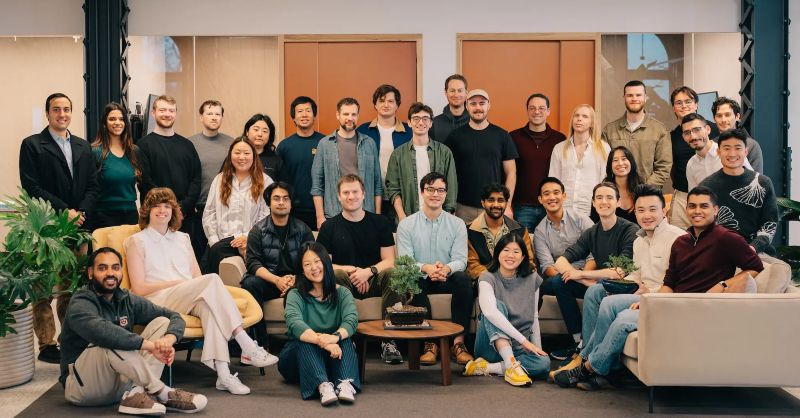FHLE and GoAid Partner to Revolutionize Emergency Medical Services in India: A New Era of Accessible Healthcare
- ByStartupStory | January 14, 2025

In a major development for emergency healthcare in India, the Foundation for Health and Learning Empowerment (FHLE) has entered into a strategic partnership with GoAid, a leading provider of ambulance and emergency medical services. This collaboration is set to transform the emergency response landscape in India, particularly in rural and underserved regions where access to timely and quality medical care is often limited.
Both FHLE and GoAid share a deep commitment to ensuring that life-saving medical services are accessible to everyone, regardless of their geographic location or financial means. Through this partnership, the two organizations aim to create a seamless and highly responsive emergency healthcare system, combining GoAid’s extensive ambulance network and technological capabilities with FHLE’s mission-driven focus on community empowerment and healthcare access.
FHLE’s Vision for Health, Education, and Livelihood Empowerment
The Foundation for Health and Learning Empowerment (FHLE) has been at the forefront of addressing critical social and health challenges in India. As a non-profit organization, FHLE is driven by a mission to empower individuals and communities through improved healthcare, education, and livelihood opportunities. The foundation operates with a vision that good health is a fundamental right, and that communities can only thrive when provided with access to quality healthcare and educational resources.
FHLE works across a variety of sectors, including healthcare, education, and livelihoods, to ensure that vulnerable populations—particularly those in rural and underserved areas—receive the support they need to lead healthier, more productive lives. The organization has been instrumental in organizing medical camps, establishing mobile clinics, and promoting health awareness initiatives to improve healthcare access for marginalized groups.
In the realm of education, FHLE runs scholarship programs, vocational training initiatives, and aims to establish schools and educational institutions to help individuals from disadvantaged backgrounds build a brighter future. By providing both healthcare and education support, FHLE is ensuring a more holistic approach to community empowerment.
FHLE’s livelihood programs focus on creating sustainable economic opportunities, especially for women, youth, and underprivileged groups, through skill development, entrepreneurship training, and support for small enterprises. In addition, FHLE has been deeply involved in humanitarian relief efforts, providing critical aid during times of natural disasters, pandemics, and other emergencies.
GoAid’s Emergency Medical Services: Life-Saving Solutions
GoAid, founded in 2018, has quickly established itself as a trusted name in India’s emergency medical services sector. With its slogan “आओ मिलकर लोगो की जिंदगी बचाते है” (Let’s come together and save lives), GoAid is committed to delivering high-quality and reliable ambulance services 24/7 across India and beyond. Their scope of care ranges from basic life support to critical care expertise, with services that extend from India to any location in the world.
The company offers a range of specialized ambulance services designed to meet the diverse medical needs of patients. These include:
Transport Life Support (TLS) Ambulances: For patients requiring medical monitoring during transport.
Basic Life Support (BLS) Ambulances: Equipped to handle basic emergency care, including oxygen administration and first aid.
Advanced Cardiac Life Support (ACLS) Ambulances: For patients needing critical care during heart attacks, strokes, or other medical emergencies.
Pediatric Ambulances: Specialized ambulances for infants and children requiring emergency care.
Hearse Vans: For the dignified transportation of deceased individuals.
Air Ambulances: For rapid transportation of critically ill patients over long distances.
GoAid’s services are accessible via their app, allowing users to book an ambulance instantly. In addition, GoAid serves as ground ambulance support for international inbound and outbound flights, ensuring that patients traveling from abroad receive seamless medical care from the airport to their destination. With its robust network of ambulances, skilled medical staff, and focus on innovation, GoAid has redefined emergency healthcare by making it more accessible, efficient, and reliable.
Transforming Emergency Response: The FHLE-GoAid Partnership
The partnership between FHLE and GoAid marks a new chapter in the evolution of emergency medical services in India. The collaboration is designed to enhance the reach and efficiency of healthcare services, particularly in rural areas where access to emergency care is often inadequate. By integrating GoAid’s app-based ambulance booking system with FHLE’s community health programs, the partnership aims to create a more responsive and comprehensive emergency healthcare infrastructure.
One of the main objectives of this partnership is to reduce response times during medical emergencies. In many parts of India, delays in reaching healthcare facilities can have dire consequences, particularly in cases of heart attacks, strokes, or serious accidents. Through GoAid’s technology-driven ambulance services, FHLE can ensure that patients in even the most remote areas receive timely and appropriate medical attention.
Another critical focus of the partnership is on enhancing training and capacity building for healthcare workers. GoAid’s expertise in emergency medical care will be invaluable in providing training programs for FHLE’s network of healthcare professionals and community health workers. This collaboration will equip healthcare workers with the necessary skills to manage medical emergencies, provide first aid, and administer life-saving interventions, which will significantly improve patient outcomes, especially in rural areas.
The partnership also places a strong emphasis on community education and awareness. Both FHLE and GoAid understand that public education is a key component of improving health outcomes. Through community outreach programs, health awareness campaigns, and workshops, the partnership will empower individuals to recognize medical emergencies, administer basic first aid, and contact emergency services when needed.
Expanding Access to Healthcare in Underserved Areas
One of the key challenges facing India’s healthcare system is the disparity in healthcare access between urban and rural regions. While metropolitan areas often have well-equipped hospitals and medical infrastructure, rural areas struggle with a lack of medical facilities, doctors, and emergency services. The FHLE-GoAid partnership is committed to addressing this gap by expanding the reach of emergency medical services to underserved communities.
Through this collaboration, mobile medical units and ambulances equipped with advanced medical technology will be deployed to rural areas, providing on-the-spot medical care and transport to healthcare facilities when needed. This initiative will not only improve emergency response times but also help alleviate the burden on overworked healthcare providers in these regions.
A Shared Vision for the Future of Healthcare
The collaboration between FHLE and GoAid represents more than just a partnership—it embodies a shared vision for a more equitable and accessible healthcare system. Both organizations are deeply committed to leveraging their resources and expertise to improve emergency medical services, reduce healthcare disparities, and empower individuals and communities to lead healthier lives.
Looking ahead, FHLE and GoAid plan to explore further avenues for collaboration, including telemedicine services that will allow patients in remote areas to consult with healthcare professionals via video conferencing. The partnership also envisions the creation of community health centers that provide comprehensive healthcare services, from routine check-ups to emergency care.
Together, FHLE and GoAid are setting the stage for a new era of healthcare in India—one that is more inclusive, responsive, and focused on saving lives.









